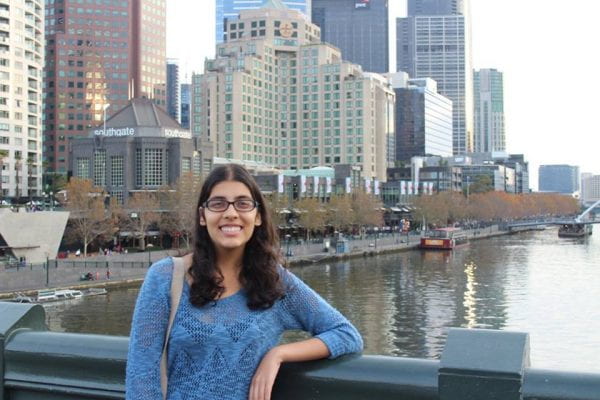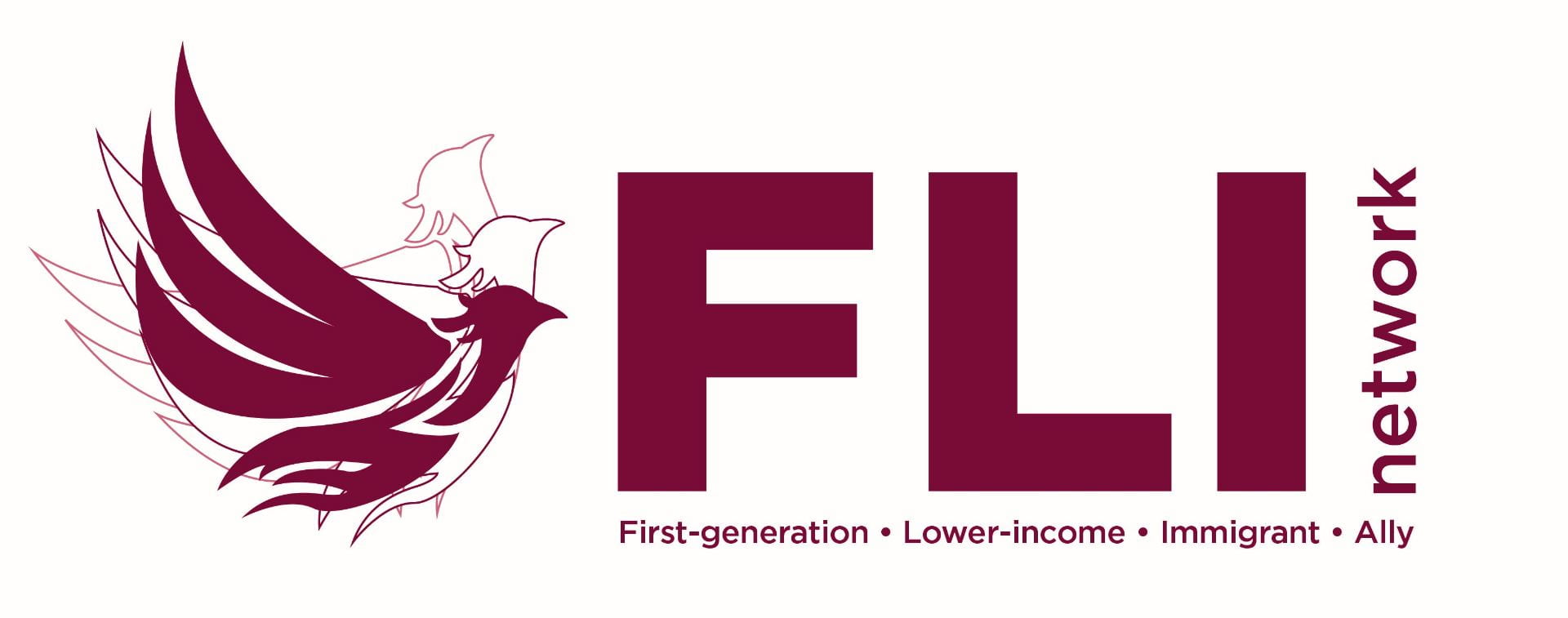
Sidra Siddiqui studies Social Work with a concentration in Administration and Global Social Development at the University of Chicago School of Social Service Administration.
Sidra Siddiqui studies Social Work with a concentration in Administration and Global Social Development at the University of Chicago School of Social Service Administration. As a Graduate Assistant for SSS, she deepens her commitment to a human-centered policy approach and shares advice for incoming FLI students.
Following are the highlights of our conversation:
Q. How did your affiliation with the First-generation, Lower-Income and Immigrant (FLI) community influence your field of study?
A. Growing up, I witnessed the impact of helplessness, desperation and loneliness caused by social and economic instability. But, I also witnessed the power of compassion, empathy, and unconditional support. I noticed that many burdens were caused because of systemic oppression, not due to inherent shortcomings or lack of ability. I realized that our systems and policies need more empathy. I chose to pursue a Master of Social Work to build a human-centered policy approach and influence immigrant advocacy efforts. My affiliation as a first-generation and lower-income student constantly allows and reminds me to view policies through equitable and intersectional lenses.
Q. What challenges did you face as a FLI student?
A. Many FLI students face a fine line between being invisible and being hyper-visible. For example, I was once the only Muslim student in class and my professor illustrated a scenario of using culturally competent social work practices while working with Muslims during Ramadan. I sat there feeling hyper-visible because I was unwillingly made the sole representative of my culture. Frustration usually comes along with being a token minority because one may feel pressured to speak up in settings where one necessarily does not want to or would not have if another member of your community was present.
On the other hand, there have been instances where as a FLI student, I have felt invisible. There are many opportunities on campus that you have to pay to participate, and even though sometimes there is funding available, lower-income students may still not be able to join because the funds are not enough or are based on reimbursements. This is a problem especially at UChicago because elitism is a huge part of the institution; in addition to the tuition, social and professional demands are also expensive
Q. What advice do you have for incoming FLI students?
A. Something that I have been reflecting on, especially during the pandemic, is that productivity should not define your worth. This is especially important for FLI students who are socialized into being high achievers because we are supposed to be the ones beating the odds. There is immense pressure to make your community proud because they have made many sacrifices to support you. But, we need to remind ourselves that those individuals are going to be proud of you no matter what.
I would also encourage students to take time to explore how the University fits within the greater Chicago community. Some of my happiest memories have been at the 61st street farmer’s market and exploring parks and neighborhoods in Chicago, which host a lot of community events. Although coursework and daily life can be daunting, it is good to remember that we do not exist in silos.
Q. Is there a specific resource on campus that you would like students to know about?
A. SSS offers the FLI Champions Program, which is a formal mentorship program that I managed as the Graduate Assistant this year. We really try to connect students with mentors who not only share academic areas of interest but also identities. Having someone to give you advice, listen to you vent, and coach you through certain situations helps personal and professional development. To find people who understand why you make certain decisions, all of us need to have honest conversations that allow us to build together. I connected with my personal mentors by being vulnerable with my experiences and being accepting of theirs. There are a lot of individuals with past experiences – professional and personal – that extend beyond their current lives, and the FLI Champions Program is a forum for celebrating those stories.
Q. What has been your proudest moment so far?
A. I am proud that I took the step to apply to and attend graduate school. I am the first in my family to earn a Bachelor’s degree, let alone a Master’s, so there were a lot of unknowns about this whole process. I chose to transition as soon as I finished my undergraduate program and as a senior in college, it was hard to see my peers going straight into the professional world and taking steps towards financial stability. It makes me really proud to hear my mother share my work and activism with her friends and family.
